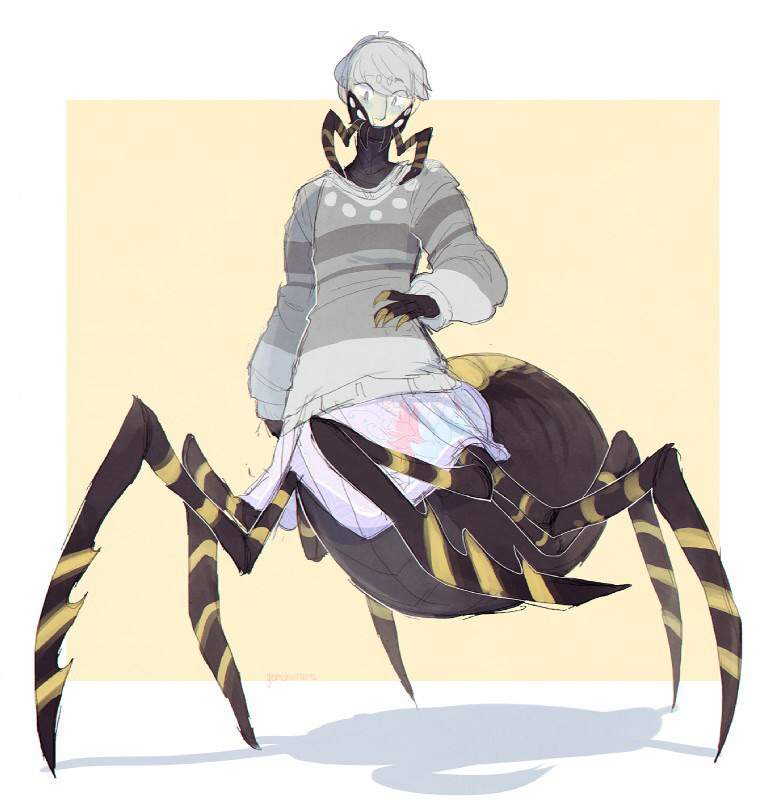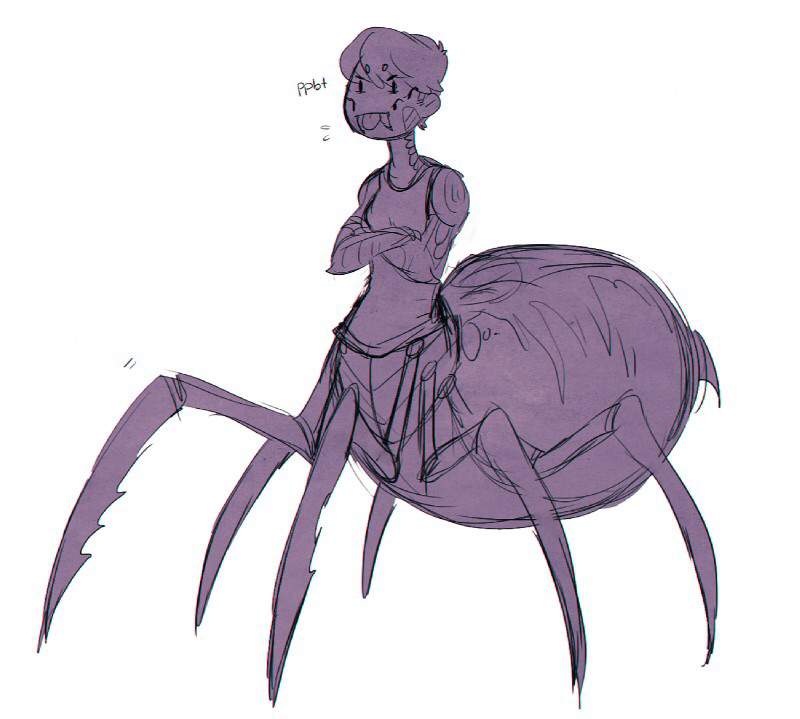
Introduction to Spider OC
Spider OC, short for Spider Ocular Camera, is a groundbreaking technology that allows us to witness the world from a spider's perspective. By attaching a tiny camera to the back of a spider, scientists have been able to capture incredible images and videos of the arachnid's activities. This innovative technique has opened a door to a previously hidden realm, enabling us to study spiders in a whole new way.

The Fascinating World of Spider Vision
One of the most intriguing aspects of Spider OC is its ability to provide us with a glimpse into the intricate visual system of spiders. Unlike humans, who rely heavily on their eyes to perceive the world, spiders have a unique way of seeing things. With multiple sets of eyes, they can detect movement, sense light intensity, and even perceive colors in some cases.

The Hunting Strategies of Spiders
Thanks to Spider OC, scientists have been able to observe the hunting strategies employed by spiders in unprecedented detail. From carefully weaving intricate webs to patiently waiting for unsuspecting prey, spiders have evolved remarkable techniques to capture their next meal. By studying these behaviors, researchers hope to gain insights into the evolution of predatory instincts.

The Secret Lives of Spiders
Spider OC has also revealed the secret lives of spiders outside their hunting activities. These tiny creatures engage in complex social behaviors, territorial disputes, and intricate courtship rituals. By delving into the hidden aspects of spider life, scientists can better understand their behaviors and how they interact with their environment.

Spider OC and Ecological Research
Spider OC has immense potential for ecological research. By studying spiders' interactions with their surroundings, scientists gain a deeper understanding of ecosystems and the roles spiders play within them. Spiders contribute to pest control, pollination, and nutrient cycling, making them invaluable contributors to a balanced ecosystem.

Spider OC: A Tool for Conservation
Understanding spiders' behaviors and ecological roles is crucial for conservation efforts. Spider OC aids in identifying endangered species, assessing habitat quality, and monitoring population dynamics. By leveraging this technology, conservationists can develop targeted strategies to protect these often misunderstood creatures.

Spider OC and Bioinspiration
Spider OC not only furthers our knowledge of spiders but also inspires innovation in various fields. The way spiders construct their webs, move with agility, and sense their surroundings has inspired engineers to develop new materials, robotics, and sensor technologies. The rich repertoire of spider adaptations serves as a blueprint for cutting-edge advancements.

The Ethical Considerations of Spider OC
While Spider OC offers invaluable insights, it is crucial to address the ethical considerations surrounding its use. Researchers must prioritize the welfare of the spiders they study, ensuring minimal interference with their natural behaviors. Striking a balance between scientific curiosity and ethical responsibility is essential for the responsible use of this technology.

Conclusion
Spider OC has unlocked a world of wonders, providing us with unprecedented access to the lives of spiders. From their incredible vision to their hunting strategies and social behaviors, we can now appreciate the complexity of these fascinating creatures. With Spider OC, scientists can continue to uncover the secrets of the arachnid world, fostering conservation efforts and inspiring innovation.